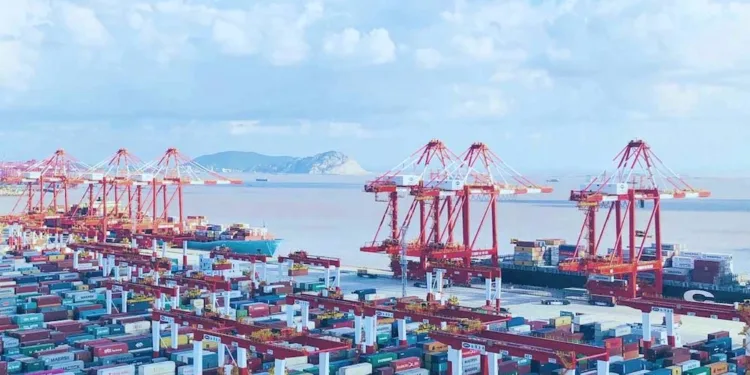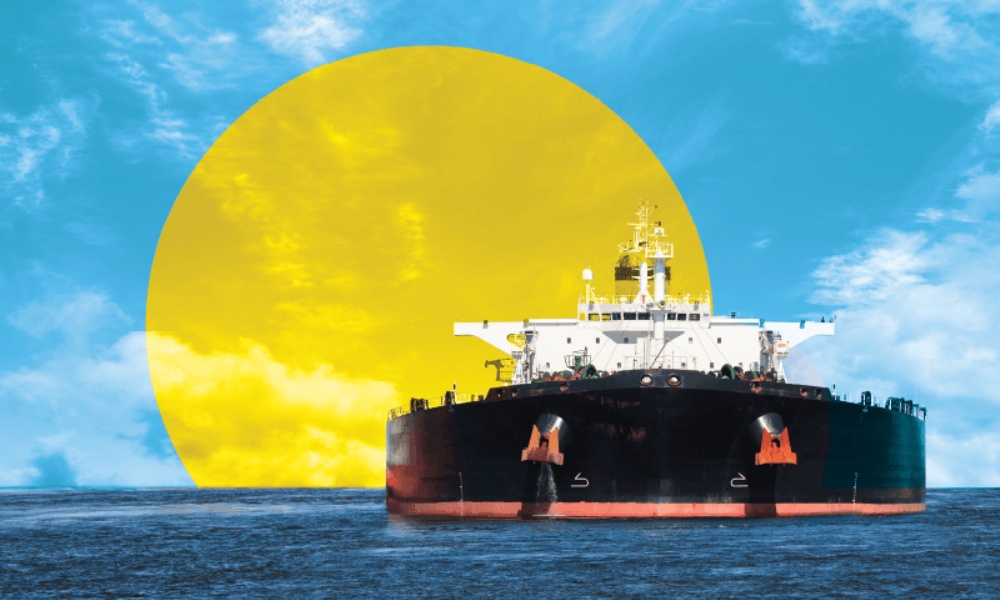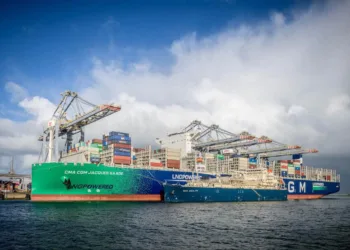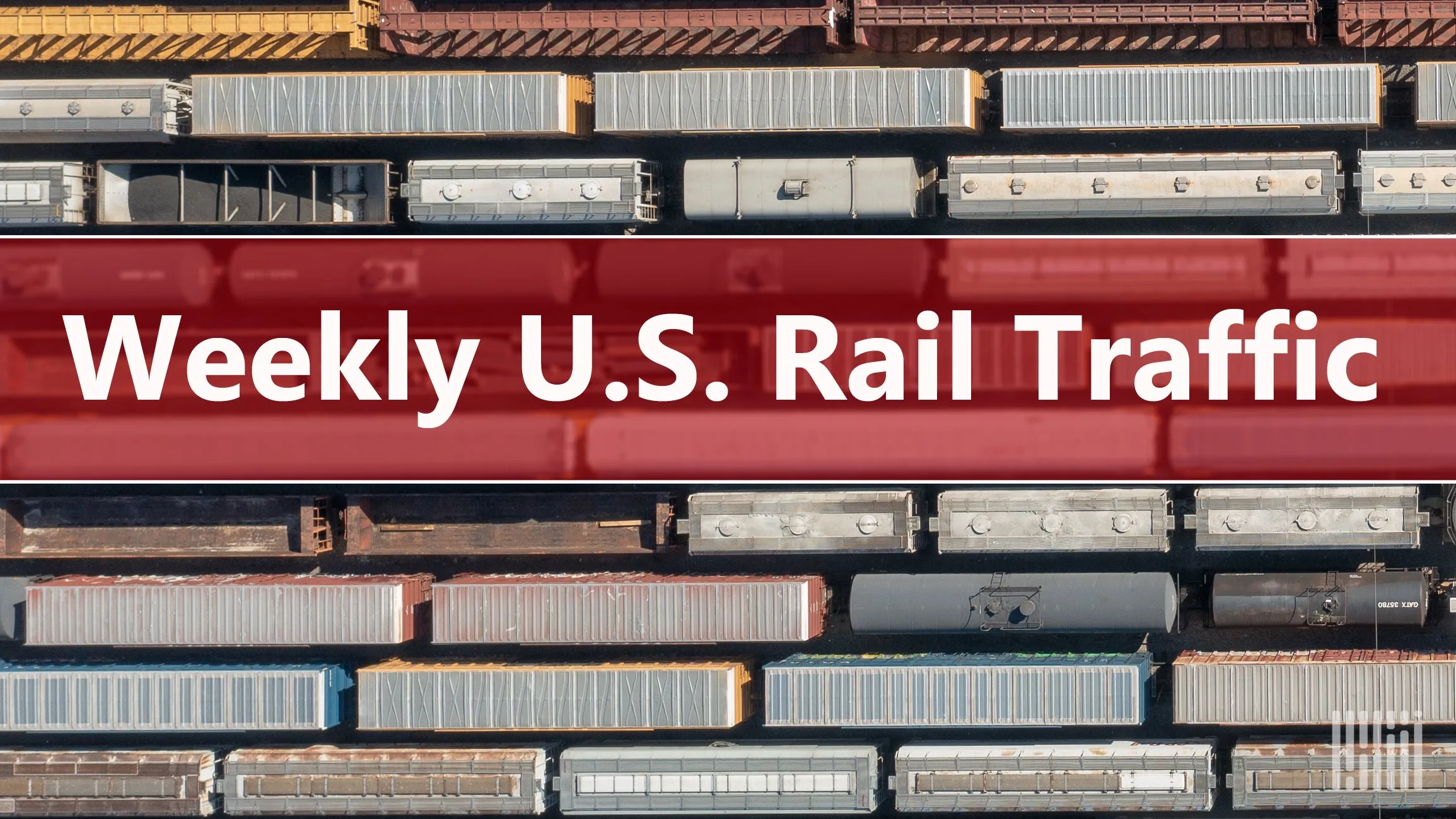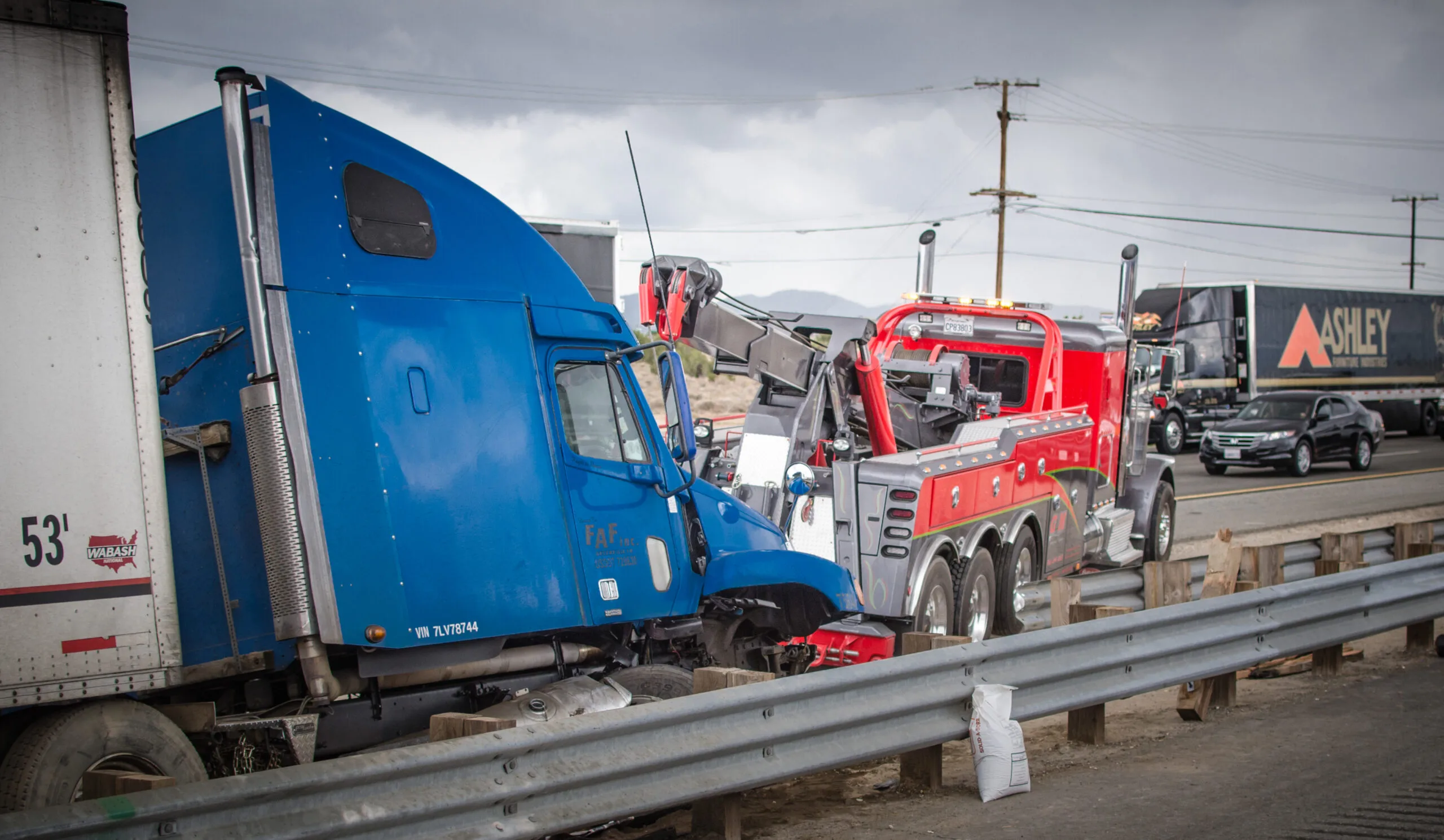Cabotage has spread to 105 states around the world, stretching along the coastlines of approximately 85% of the world, according to findings carried in second edition of Cabotage Laws of the World, published by SRI and co-authored by Deirdre Fitzpatrick, CEO of SRI and emeritus professor Hilton Staniland. When the first edition was published seven years ago, cabotage was recorded in 91 states.
Staniland commented: “No single reason explains the spread of cabotage, but it does appear that when states decide to introduce cabotage, they pay particular attention to the number of states that already have cabotage.”
Stephen Cotton, general secretary of the International Transport Workers Federation, has welcomed the findings saying: “There are multiple reasons why more states are now seeing the benefits of cabotage laws, and just a few of these benefits include increasing the resilience of their international supply chains, the security of their coastlines, the establishment of strategic fleets, and the recruitment, training and reskilling of national seafarers. In times of crisis, if there is no cabotage, there is no resilience; and in times of war, if there is no cabotage, there are no merchant ships to assist naval assets. So, states should ask themselves whether they can afford to run the risk of not having cabotage.”



